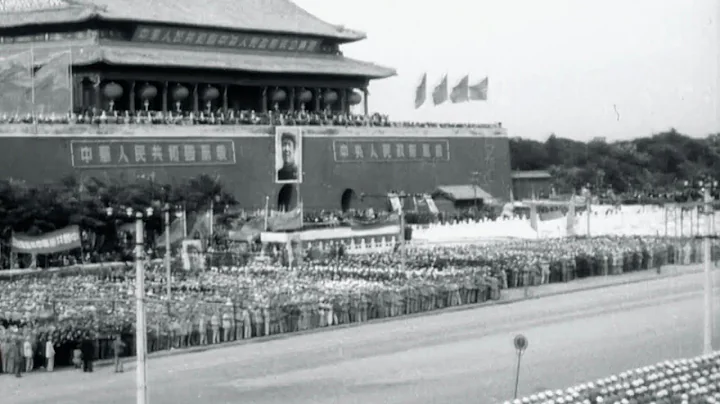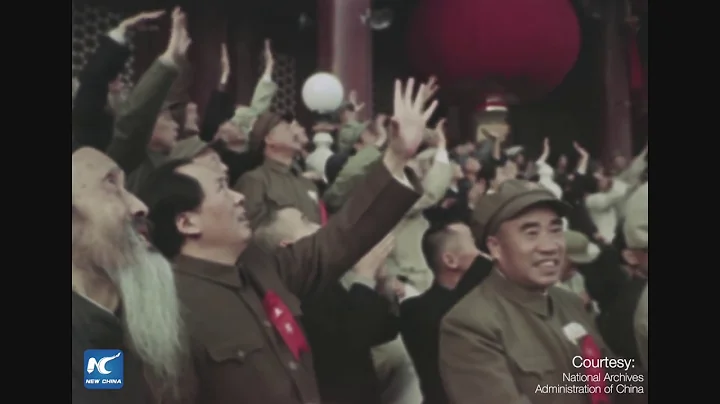
Picture According to RMB 200. This price adjustment is the fifth increase in fuel surcharges for domestic routes this year, and is also the highest level since my country began to collect fuel surcharges in 2000. Tianmu News reporter learned from the online ticket booking platform that the fuel fee will be collected based on the original ticket issuance date. If you book or change your ticket before July 5, the fuel fee will still be charged at the price before the increase.
On January 5, 2022, fuel surcharges will be canceled on domestic routes. Starting from February 5, fuel surcharges will be resumed, and fuel surcharges will be charged at 10 yuan and 20 yuan respectively for segments below and above 800 kilometers (inclusive). On March 5, some airlines adjusted the price to 20 yuan and 40 yuan. On April 5, the fuel surcharge increased for the second time, reaching 50 yuan and 100 yuan. On May 5, it was raised to 60 yuan and 120 yuan. By June 5, they had risen to 80 yuan and 140 yuan respectively.
This is the fifth time this year that fuel charges have been raised, reaching ten times what they were when the collection was resumed at the beginning of the year, setting a record high. Jinlianchuang refined oil analyst Jiang Na analyzed to Tianmu News reporter that the fuel surcharge on domestic routes adopts a linkage mechanism with aviation kerosene prices. The rise in fuel costs is related to the rise in international crude oil futures and the sharp rise in aviation kerosene prices. .
At the end of 2021, the international crude oil futures price was still at a low level near US$70/barrel, and then rebounded, and is now above US$100/barrel again. Affected by this, Singapore aviation fuel prices have also increased, and the ex-factory price mechanism of domestic aviation kerosene mainly refers to Singapore jet fuel prices. Jin Lianchuang monitoring data shows that in June 2021, Singapore’s jet fuel import CIF duty-paid price was 4,469 yuan/ton; in June this year, the price reached 9,846 yuan/ton, an annual increase of up to 120%. At present, the calculation basis for domestic aviation fuel surcharges is the "Notice of the National Development and Reform Commission and the Civil Aviation Administration of China on Adjusting the Basic Oil Price of the Linkage Mechanism between Fuel Surcharges and Aviation Kerosene Prices for Passenger Transport on Civil Aviation Domestic Routes." The notice shows that when the comprehensive purchase cost of domestic aviation kerosene exceeds 5,000 yuan per ton, air transport companies can charge fuel surcharges in accordance with the provisions of the linkage mechanism.
On the other hand, Jiang Na believes that the epidemic has caused serious losses for airlines, and increasing fuel surcharges can alleviate operational pressure. According to the 2021 financial reports of Air China and China Eastern Airlines, the losses of the two airlines reached 16.6 billion yuan and 12.2 billion yuan respectively, of which aviation kerosene prices accounted for most of the costs of civil aviation operations. Jiang Na further explained that taking a Boeing 737 with about 150 seats as an example, it consumes about 4 tons of fuel when flying 1,000 kilometers. If aviation kerosene is calculated at the lowest price of 4,500 yuan/ton, flying from Beijing to Guangzhou only costs aviation fuel. It will cost nearly 20,000 yuan. Increasing fuel surcharges can spread airline operating costs to a certain extent and ease industry pressure.
With the shortening of the quarantine period for incoming passengers, the introduction of favorable policies such as the Ministry of Industry and Information Technology’s cancellation of the “star” mark on communication itinerary cards, and the arrival of the summer travel season, the air transport market is gradually recovering. After the itinerary card "reached for the stars", Ctrip said that the search volume for air tickets to destinations such as Chengdu, Sanya, Guangzhou, and Xi'an increased by more than 300%.
In response to this increase in fuel costs, many OTA (online travel agency) platforms have launched subsidy measures. Tongcheng Travel has launched a "fuel fee sub-card". When users purchase a fuel fee sub-card of 88 yuan when booking air tickets, they can deduct a total of 150 yuan in ticket fuel surcharges in three installments. Fliggy also stated that it will launch air ticket fuel subsidy in the near future, including 50% off fuel fee, 3 fuel discount coupons and other activities. The subsidy period is from July 4th to August 31st, covering the entire summer vacation.

Picture based on Tongcheng travel booking page





















